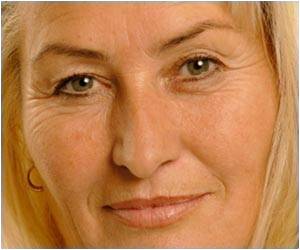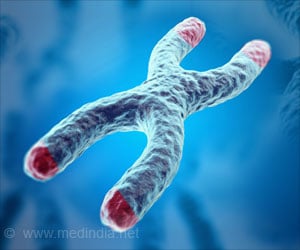Metabolomic ageing clocks reveal who may face greater risks of health issues later in life.

Metabolomic Age (MileAge) predicts health and lifespan: A comparison of multiple machine learning algorithms
Go to source). The researchers trained and tested 17 machine learning algorithms using data on markers in the blood from over 225,000 UK Biobank participants, aged 40 to 69 years when they were recruited. They investigated how well different metabolomic ageing clocks predict lifespan and how robustly these clocks were associated with measures of health and ageing.
‘What if your #biologicalage is speeding ahead of your actual age? Accelerated aging is linked to #frailty, and higher mortality risk. Are you #aging faster than you think? #longevity’





What is MileAge
A person’s metabolomic age, their “MileAge”, is a measure of how old their body seems to be on the inside based on markers in the blood called metabolites. Metabolites are small molecules that are produced during the process of metabolism, for example when food is broken down into energy. The difference between a person’s metabolite-predicted age and their chronological age, termed MileAge delta, indicates whether their biological ageing is accelerated or decelerated.The study was published in Science Advances and is the first to comprehensively compare different machine learning algorithms on their ability to develop biological ageing clocks using metabolite data, leveraging one of the largest datasets globally. It was funded by the National Institute for Health and Care Research (NIHR) Maudsley Biomedical Research Centre (BRC) and used data from the UK Biobank.
Individuals with accelerated ageing (i.e., with a metabolite-predicted age older than their chronological age) also had shorter telomeres (‘caps’ at the end of chromosomes), which are a marker of cellular ageing and linked with age-related diseases such as atherosclerosis. However, decelerated biological ageing (with a metabolite-predicted age younger than chronological age) was only weakly linked with good health.
Ageing clocks could help spot early signs of declining health, enabling preventative strategies and interventions before disease onset. They may also allow people to proactively track their health, make better lifestyle choices, and take steps to stay healthy for longer.
Dr. Julian Mutz, King’s Prize Research Fellow at the IoPPN and lead author of the study, said: "Unlike chronological age, which cannot be changed, our biological age is potentially modifiable. These clocks provide a proxy measure of biological age for biomedical and health research, which could help shape lifestyle choices taken by individuals and inform preventative strategies implemented by health services. Our study evaluated a broad range of machine learning approaches for developing ageing clocks, showing that non-linear algorithms perform best at capturing ageing signals.”
Advertisement
The researchers found that a metabolomic clock developed using a specific machine learning algorithm, called Cubist rule-based regression, was most strongly associated with most health and ageing markers. They also found that algorithms which can model non-linear relationships between metabolites and age generally performed best at capturing biological signal informative of health and lifespan.
- Metabolomic Age (MileAge) predicts health and lifespan: A comparison of multiple machine learning algorithms’ - (https://www.science.org/doi/10.1126/sciadv.adp3743)
Source-Eurekalert








